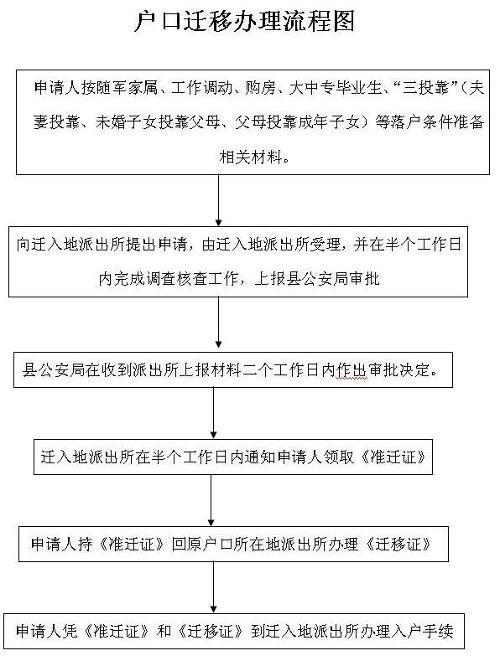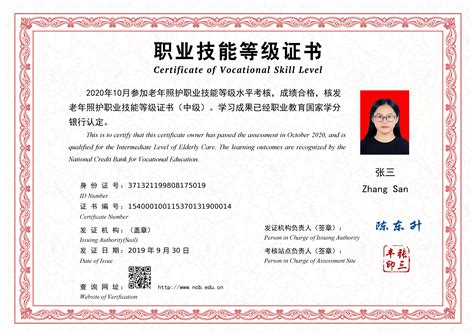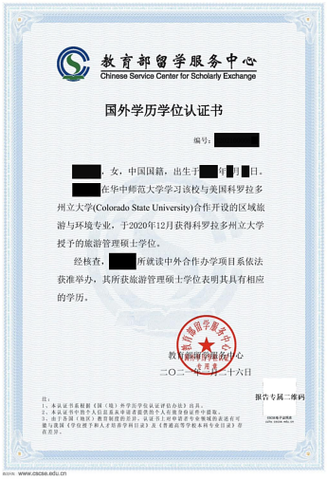Title: Guide to Immigration Procedures in Wuhan
Introduction
Immigrating to a new country can be a complex process, involving various legal requirements and procedures. If you're considering immigrating to Wuhan, China, understanding the immigration process is essential. In this guide, we'll outline the general immigration procedures you may encounter when moving to Wuhan.
1. Determine Your Eligibility
Before starting the immigration process, it's crucial to determine your eligibility to immigrate to Wuhan. Eligibility criteria may vary depending on the type of visa or residence permit you're applying for. Common factors considered include employment, family reunification, investment, or study.
2. Choose the Right Visa Category
Wuhan, like other cities in China, offers various visa categories to accommodate different purposes of immigration. Some of the common visa categories include:
Work (Z) Visa: For individuals intending to work in Wuhan.
Family Reunion (Q) Visa: For family members of Chinese citizens or foreigners residing in China.

Study (X) Visa: For individuals planning to study in Wuhan.
Permanent Residence Permit: For foreigners meeting specific criteria and intending to reside in Wuhan permanently.
Selecting the appropriate visa category is crucial, as it determines the rights and privileges you'll have during your stay in Wuhan.
3. Prepare Required Documents
Once you've determined the visa category that suits your situation, gather all the necessary documents for your application. Commonly required documents may include:
Passport with remaining validity
Visa application form
Passportsized photos
Invitation letters (if applicable)
Proof of employment or study (if applicable)
Proof of accommodation in Wuhan
Health examination certificate
Ensure that all documents are complete, accurate, and uptodate to avoid delays or rejection of your application.
4. Submit Your Application
After preparing your documents, submit your visa application to the relevant authorities. Depending on your visa category, you may need to apply through the Chinese embassy or consulate in your home country or directly to the Wuhan Immigration Bureau.
Follow the specific guidelines provided by the authorities regarding the application submission process, including any online application systems or appointment scheduling requirements.
5. Attend Interviews or Provide Additional Information
In some cases, applicants may be required to attend interviews or provide additional information as part of the immigration process. This step helps authorities assess the applicant's eligibility and intentions for immigrating to Wuhan.
Be prepared to answer questions regarding your background, purpose of immigration, and any other relevant details during the interview or information submission process.
6. Await Visa Approval
Once you've submitted your application and completed any necessary interviews or information submissions, await the decision on your visa application. The processing time may vary depending on factors such as the visa category and current immigration workload.
During this period, refrain from making travel arrangements until you receive official confirmation of your visa approval.
7. Obtain Your Visa or Residence Permit
Upon approval of your visa application, you'll receive your visa or residence permit, allowing you to legally enter and stay in Wuhan. Ensure that you carefully review the visa details, including validity dates and any specific conditions attached to your visa.
If you're applying for a work or study visa, you may also need to apply for a residence permit within a specified timeframe after arriving in Wuhan.
Conclusion
Navigating the immigration process in Wuhan requires careful planning, attention to detail, and adherence to legal requirements. By understanding the steps involved and following the guidelines provided by the authorities, you can facilitate a smoother transition to living and working in Wuhan, China.
Always consult official sources or seek legal advice if you have specific questions or concerns regarding your immigration process.











